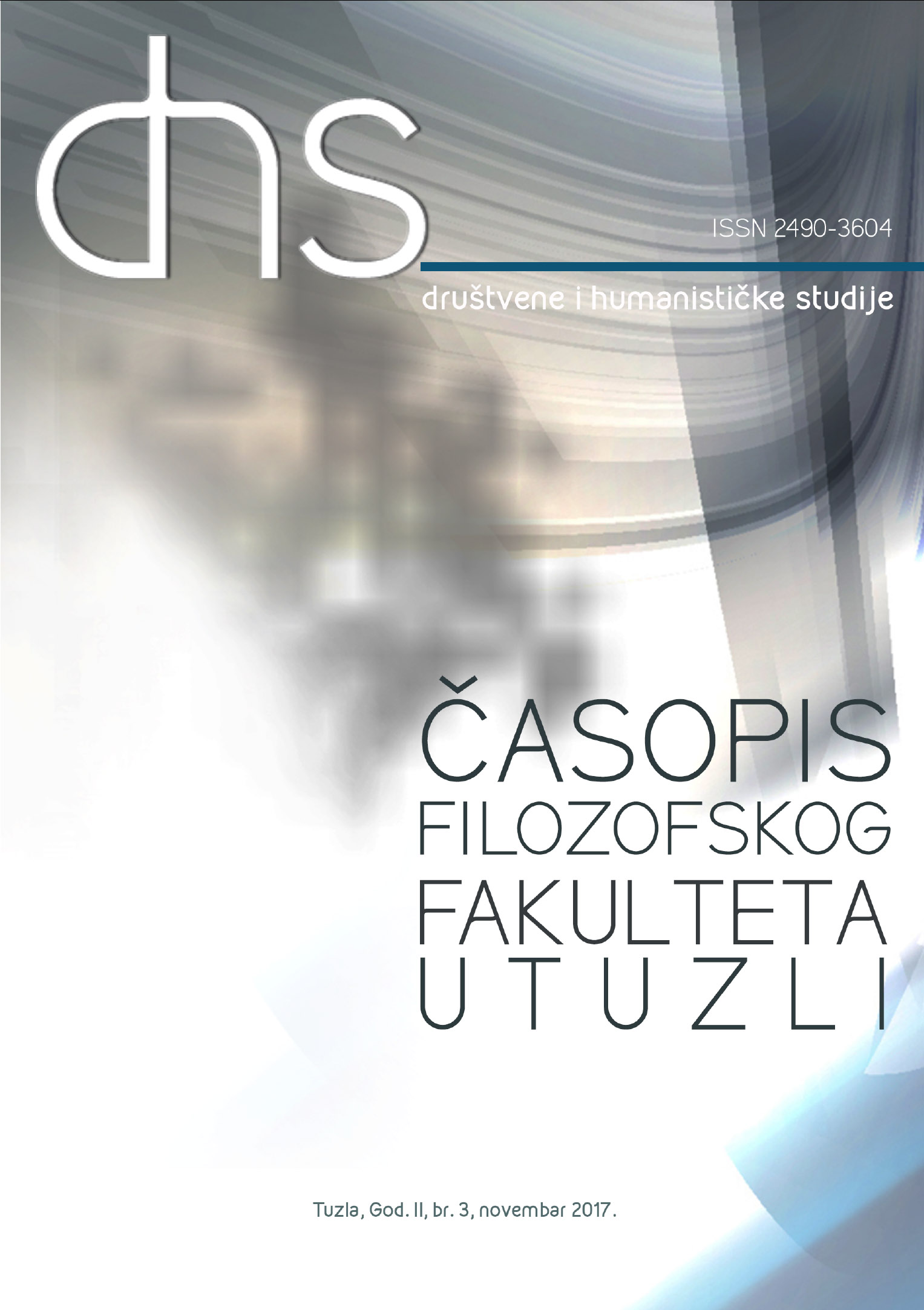Zadužbine članova porodice Sokolović u Osmanskom carstvu sa posebnim osvrtom na Mehmed-pašin odnos prema svom poreklu i prvobitnoj religiji
Foundations of the Sokolovic Family Members in the Ottoman Empire - Mehmed Pasha’s Attitude Towards Their Origin and Original Religion
Author(s): Uroš DakićSubject(s): History, Architecture, The Ottoman Empire
Published by: Filozofski fakultet Univerziteta u Tuzli
Keywords: Sokollu Mehmed Pasha; clan; Sokollu family; architectural activities; Ottoman Empire;
Summary/Abstract: The article deals with the significance of Sokollu Mehmed Pasha and his family members observedthrough the vision they shared and implemented by means of their building endeavors. The aim of this paper is to present this vision deprived of all romantic narratives which are still existent in the works of the Ottoman historiography written in Serbian and Bosnian languages and to portray Sokollu Mehmed Pasha primarily as an Ottoman statesman who was the bearer of this ambitious vision. Statements that Sokollu Mehmed Pasha restored the Patriarchate of Peć or that he commissioned the bridge over Drina river due to his alleged attachment to the region or people of his origin have no foundation in historical facts. On the other hand, it is manifest that both close and distant members of the Sokollu family marked the territories of Bosnia and Serbia, and even those of Croatia and Hungary, by constructing public buildings of various types which is well documented in historiographies of the respective countries. The vision of Mehmed Pasha was a multi-confessional world empire under the umbrella of Islam, an empire interconnected by channels and bridges utilized by pilgrims, merchants, missions, expeditions, and armies, and in the service of establishing the Ottoman soft power in the entire world of Islam. The most significant projects of Sokollu Mehmed Pasha were not conducted in the Balkans. Those were the Volga-Don and Suez channels and the expedition to the Far East and these projects could be interrupted only due to political and geopolitical circumstances.
Journal: DHS-Društvene i humanističke studije: časopis Filozofskog fakulteta u Tuzli
- Issue Year: III/2017
- Issue No: 3
- Page Range: 131-144
- Page Count: 14
- Language: Serbian

